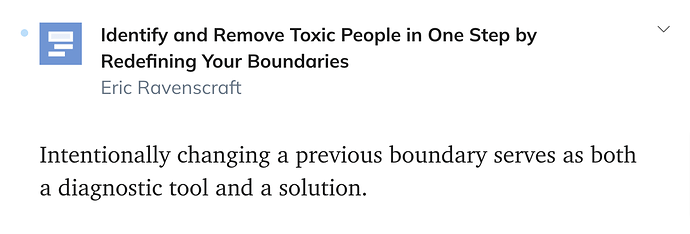When we change a boundary, particularly in a way that brings us more safety and right distance right depth, it WILL give us useful information…
- How do they respond… or do they react in a way that tries to get their needs met even at your expense?
- The boundary helps you upgrade your conversation and clarity. “No, that is not what works for me now. My boundary is…”
Better boundaries ideally are agreements, where both sides say YES to the new orientation. But they do not have to be!
Sometimes boundaries are very much one-way, with the other person potentially wailing how unfair and mean they are. A boundary that must exist for healthy relating is more than okay to set and keep, even amidst the wailing.
For me if there is a lot of wailing, I will check with 1-2 other people who I believe have both healthy boundaries and the capacity for healthy, deep intimacy.
I do not want my boundaries to be based on revenge or punishment… and sometimes I’ve NOT set boundaries that would be healthy because I wanted to be “nice” more than I was willing to assert for my own well-being. Having boundary buddies to help us keep boundaries we need and adjust boundaries where that would be even more thriving is incredibly useful in my experience.
